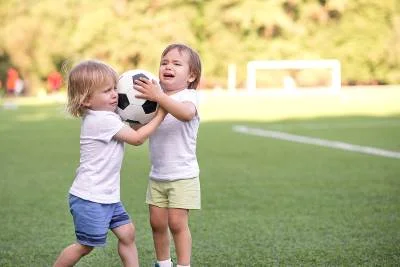- 949 Geneva Avenue | Oakdale, MN 55128
- Contact Us
- (651) 714-8646
Parenting Blog
Display All Posts
Search by Topic:
- ADHD (1)
- Babies (10)
- Baby caring (11)
- Baby crying (9)
- Baby Sleep (10)
- Bed time (13)
- Breakfast with Spirit (4)
- Caring for Yourself as a Parent (13)
- Child Care Selection (2)
- Children and Eating (4)
- Children returning home (1)
- Daylight Savings Time (4)
- Dealing with a crisis (5)
- Emotion Coaching (34)
- Establishing Clear Limits (12)
- Evening Routine (5)
- Frustration Coaching (6)
- Fussy baby (9)
- Getting children Outside (3)
- Getting children to help (2)
- Gift giving and receiving (1)
- Giving In (3)
- Helping Children Learn to Share (2)
- Helping Children Listen (9)
- High needs baby (6)
- Holidays (12)
- Independent Play (1)
- Mealtimes (7)
- Meltdowns (19)
- Morning Routines (9)
- Mother's Day (2)
- Pacifiers (2)
- Parental Sleep (5)
- Parenting (keeping your cool) (24)
- Parenting in Uncertain Times (9)
- Parenting Style (6)
- Parenting Styles/Working Together (2)
- Pockets of Predictability in a Hectic Day (14)
- Potty Training (2)
- Power Struggles (24)
- Reducing Stress (22)
- Routine, the secret to a calm day (15)
- School (7)
- Setting Limits for Children (6)
- Sharing (3)
- Six Year Old Development (1)
- Sleep (15)
- Summer (3)
- Talking about Race with Your Children (1)
- Time-out (1)
- Toilet Training (2)
- Traveling with Spirit (4)
- When you must say NO (2)
- Whining (5)
- Words to use in the Heat of the Moment (16)
- Working from Home (3)
Popular Posts:
When Your Child Refuses to Share

When Your Child Doesn’t Share
My Child Won’t Share! It’s a common concern and frequently a source of embarrassment especially when it’s your child grabbing every toy in sight and shouting, “It’s mine!”
The good news is that this declaration of ownership is the first stage of learning to share.
There are four developmental stages of sharing.
- Ownership. Typically, toddlers are in this stage, which is why toddlers do not share. Your job during this stage is to allow them ownership. When other children are present, pull-out toys that come in multiples - like blocks. But instead of dumping them on the floor, count them out and give each child the same number in their own designated space.
- Learning to take turns. Inevitably in the process of owning one child has the red truck the other child wants. This is the opportunity to introduce turn taking. When Hannah wants the car held by Colby say to Hannah, “You want that car and Colby has it. Shall we tell him you would like a turn?” Then say to Colby, “You have the car, and it is yours to play with now, but you can let Hannah have a turn when you are not using it.” Colby may shout “no,” but once he realizes he won’t be forced to give up the toy, its often moments before he does.
- Learning to work cooperatively. Once kids can take turns, you’ll see one put a block on a stack, and the other add another block to the same stack. You can encourage working together by saying, “Let’s create a bakery, who wants to be the baker and who wants to be the cashier?”
- Learning to solve problems together. This is the stage when you will hear children announce, “When two children want the same toy, there are many things we can do!” However, this ability to find solutions that make everyone happy cannot occur until they have developed the skills to take turns and use a toy cooperatively.
Think about your child, no matter what their age – what stage of learning to share are they in. Start there. If children playing together are of different ages, when a conflict arises, help them resolve the problem at the stage of development of the youngest child.
Next time your child shouts, “It’s mine! Don’t worry. Recognize they are on their way to learning to share. They just aren’t there yet but with your guidance and practice, they will get there.
